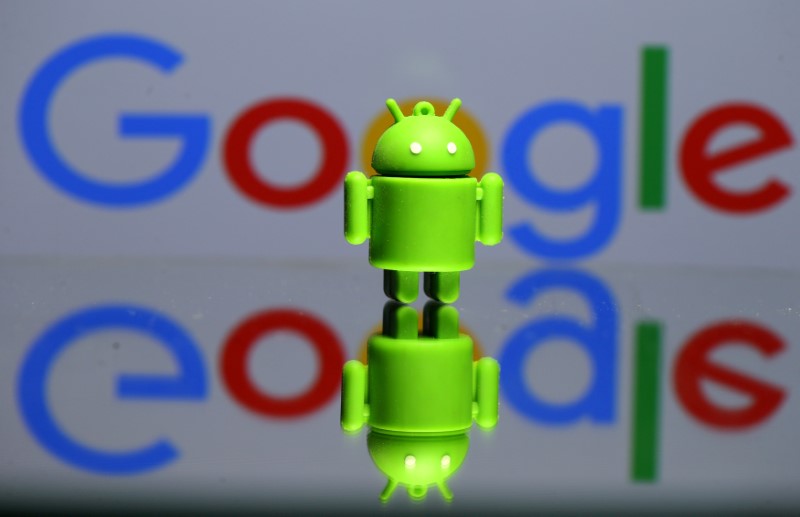This post was originally published on this site
https://i-invdn-com.investing.com/trkd-images/LYNXMPEJ5L00L_L.jpg
WASHINGTON (Reuters) – The Biden administration will make it easier for Indians to live and work in the United States, using this week’s state visit by Prime Minister Narendra Modi to help some skilled workers enter or remain in the country, according to three people familiar with the matter.
The State Department could announce as soon as Thursday that a small number of Indians and other foreign workers on H-1B visas will be able to renew those visas in the U.S., without having to travel abroad, one of the sources said, part of a pilot program that could be expanded in coming years.
Indian citizens are by far the most active users of the U.S. H-1B program and made up 73% of the nearly 442,000 H-1B workers in fiscal year 2022.
“We all recognize that mobility of our people is a huge asset to us,” said another U.S. official. “And so our goal is to approach that in a sort of multifaceted way. The State Department already has been working very hard to find creative ways to make changes to things.”
A State Department spokesperson declined to comment on questions about which visa types would qualify or the timing of the pilot launch. Plans for a pilot program were first reported by Bloomberg Law in February.
“The pilot would begin with a small number of cases with the intention to scale the initiative over the following one to two years,” the spokesperson said, while declining to define small.
The steps could change and are not finalized until they are announced. The White House declined to comment.
Each year, the U.S. government makes 65,000 H-1B visas available to companies seeking skilled foreign workers, along with an additional 20,000 visas for workers with advanced degrees. The visas last for three years and can be renewed for another three years.
The companies using the most H-1B workers in recent years include the Indian-based Infosys (NYSE:INFY) and Tata Consultancy Services as well as Amazon (NASDAQ:AMZN), Alphabet (NASDAQ:GOOGL) and Meta in the U.S., according to U.S. government data.
The ability for some of the temporary foreign workers to renew visas in the U.S. would free up resources for visa interviews in consulates abroad, the spokesperson said.
The pilot program would also include some workers with L-1 visas, which are available to people transferring within a company to a position in the U.S., one of the sources said.
A separate initiative to clear a backlog of visa applications at U.S. embassies in India is finally showing signs of progress, according to another one of those sources, and is expected to be figure into the discussions between the two countries’ delegations in Washington this week.
India has long had concerns with the difficulty its citizens face in receiving visas to live in the United States, including technology industry workers. More than 10 million jobs stood open in the United States at the end of April, according to the Labor Department.
Some H-1B visa holders in the U.S. have been among the thousands of tech workers laid off this year, sending them scrambling to find new employers within a 60-day “grace period” or return to their home country.
The Biden administration has spent months working to improve visa access for Indians, trying to get around the lack of political will in Congress to comprehensively reform U.S. immigration policy. President Joe Biden wants to knit together the world’s two largest democracies, partly in a bid to better compete with China.
U.S. visa services are still attempting to clear a backlog after Washington halted almost all visa processing worldwide in March 2020 due to the COVID-19 pandemic. The visa backlog has led to some families being separated for extended periods of time, with some taking to social media to lament their situation.

